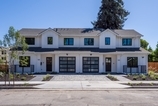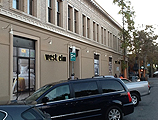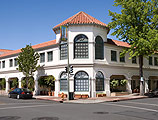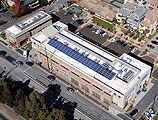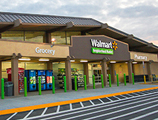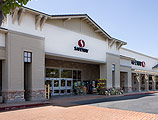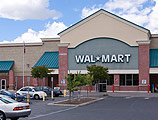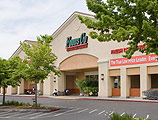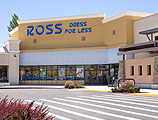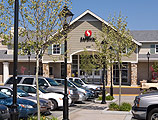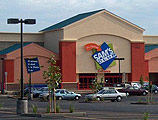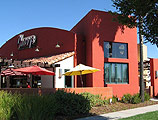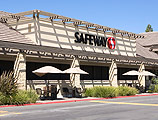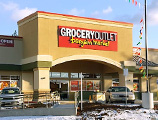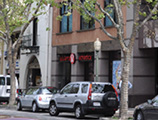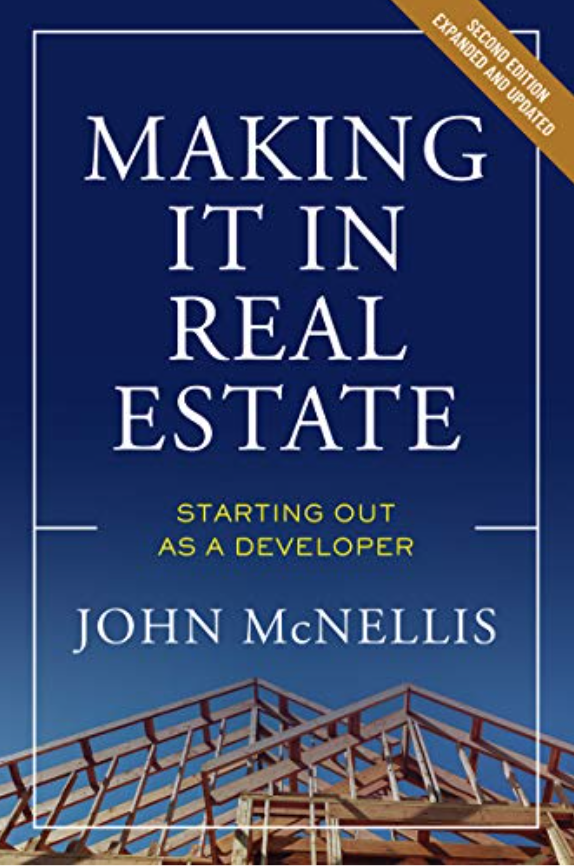Two striking events happened 2200 miles apart the weekend of November 19th. Organized gangs crushed retailers across the Bay Area with cinematic smash-and-grabs hours after Kyle Rittenhouse was acquitted of murder charges in Wisconsin. The teenager’s jury decided he’d acted in self-defense when he killed two men and wounded a third while—in his mind at least—protecting Kenosha against looters.
On the surface, these events could hardly be less related: The Bay Area thefts were gang robberies against high-end merchants, as choreographed as a Broadway dance number. The thefts had nothing to do with politics, protests, rioting or opportunistic looting. Other than glass doors and display cases, property went undamaged and no one was shot. And it’s fair to assume that the thieves—with little use for the merchandise themselves—were stealing only to sell their plunder to fences. It was all about the money.
Kenosha, however, was political. Or at least it started that way. Demonstrations against the police shooting of Jacob Blake, a black man, escalated to rioting, thirty-seven fires were set, more than $2 million in property was damaged and the ensuing looting was widespread and chaotic.
What might these two events have in common? Perhaps a lack of justice: the certainty of Bay Area thieves and Wisconsin vigilantes that the cops would fail to make arrests or, if they did, that the judicial system would allow the perpetrators to walk.
I saw how a lack of justice corrodes a society fifteen years ago when one of my daughters and I studied Spanish in Central America. We learned a bit of the language and as much about the countries, seeing in those societies one possible bleak future for America.
We had to read the national newspaper El Diario (“The Daily”) for homework when we attended a school in Guatemala. Our rueful teacher explained that the paper was better known as El Muerto (“The Dead”) because it invariably contained stories of the country’s latest killings. In those days, Guatemala’s murder rate was nine times that of the United States. The articles we parsed were often horrifying.
In one, a child kidnapper had bribed his way out of jail in a small village. Sick of having their children stolen and sold into slavery, certain the corrupt judicial system would fail them, the villagers gathered outside the jail. When the kidnapper was released, the villagers overwhelmed the police, dragged the miscreant to the town square, threw a tire around his neck, filled it with gasoline and tossed in a match. No one was charged.
In another, gunmen boarded a crowded bus in Guatemala City. When they pulled their pistols and demanded wallets and purses, two passengers reached for their guns instead. Seven people, including the bus driver, were killed in the ensuing gun battle.
People crave justice as plants do sunlight. Our lesson from Guatemala—people create their own when society fails them—is apt today. Would self-appointed vigilantes have gone to Kenosha had they believed the police would protect the town? While national retailers forbid their employees from interfering with thieves, mom & pop merchants cannot afford such restraint. I know of one San Francisco merchant with a practice of forcibly detaining thieves, lashing them to a chair, and keeping them hostage for hours before calling the police. Certain that shoplifters will never be charged, this shopkeeper—and others like him—are determined to convince thieves to steal elsewhere.
Without societal protection, people will protect themselves, often in the worst possible way, often with tragic results. It’s worth consider another lesson from Central American—another facet of America’s possible future—before drawing the obvious conclusion.
Guatemala is a poor country, with a per capita income roughly half that of Mexico’s. Its income inequality is among the worst in the Americas. One could say that the country’s few wealthy live like kings. But it may be as accurate to describe them as prisoners. When we landed in Guatemala City, the cabdriver raced through the capital, barely slowing—let alone stopping—at traffic signals, explaining that it was too dangerous to stop, fearing carjackers at every corner. An upper-crust Guatemalan couple invited us to an early dinner in their home. They lived in a gated community, yet still had an outer steel security door and bars over every window. Genteel and unfailingly polite, the couple kept nervously checking the time, worrying aloud about our safety, insisting we leave well before dark, so terrified were they of robbery, kidnapping and extortion.
On our way to school each day, we walked past a mansion set deep inside a compound. The property’s outer walls were ten feet high and topped with razor wire. On the wall closest to a creek, homeless had erected a lean-to shelter of branches and sticks against it. One morning, the compound’s reinforced steel gates rolled back as we passed and two Range Rovers carefully emerged, the first bristling with armed guards, the second with the family.
It occurred to me that rather than have $100 million in a town where everyone else is living in huts, life might be more enjoyable—not to mention safe—to have, say, $10 million and the 9,000 townspeople each have $10,000 in the bank. What’s the value of strolling in a park without fear of kidnapping?
Property laws need to be enforced—the police must have our full support—but that’s only part of the solution. We figured out long ago that jailing everyone didn’t work. Now, thanks to the progressives, we’ve been reminded that letting crime go unpunished is much worse. It isn’t the middle class pulling off mass robberies or spree looting. As in Central America, it’s the poor. Unless we wish to live forever wary in a banana republic, addressing poverty should be our first step toward achieving justice.


